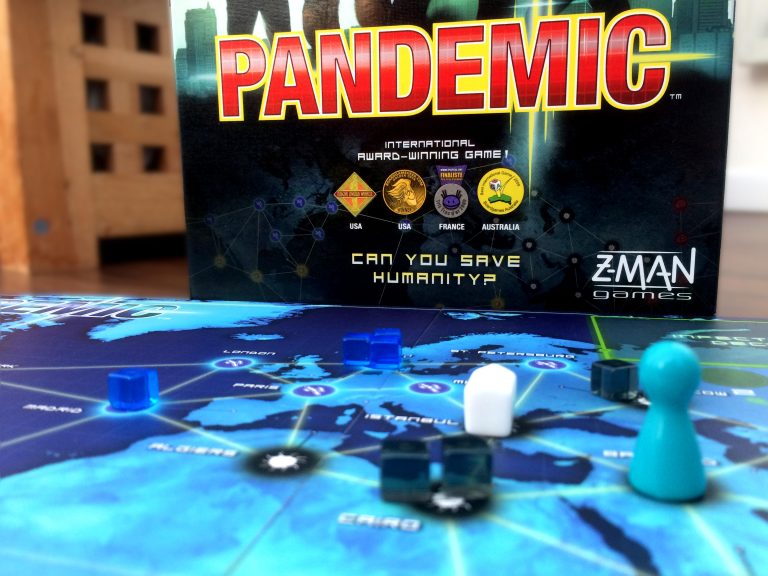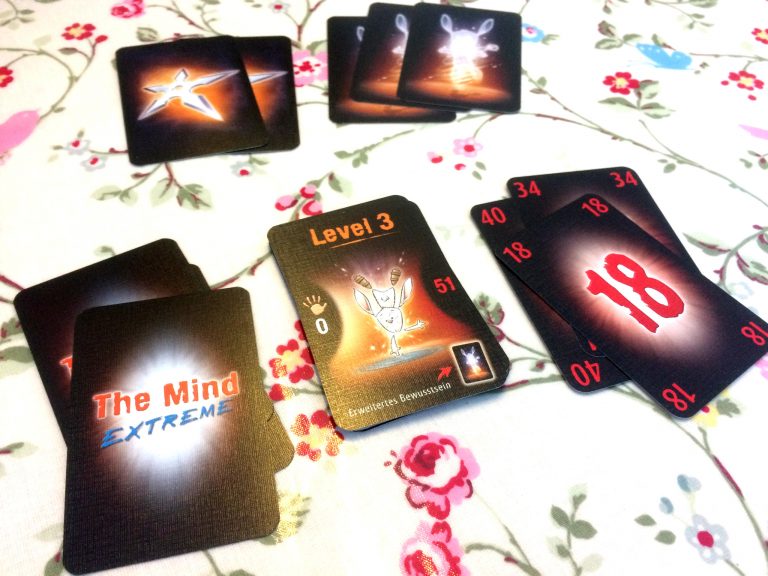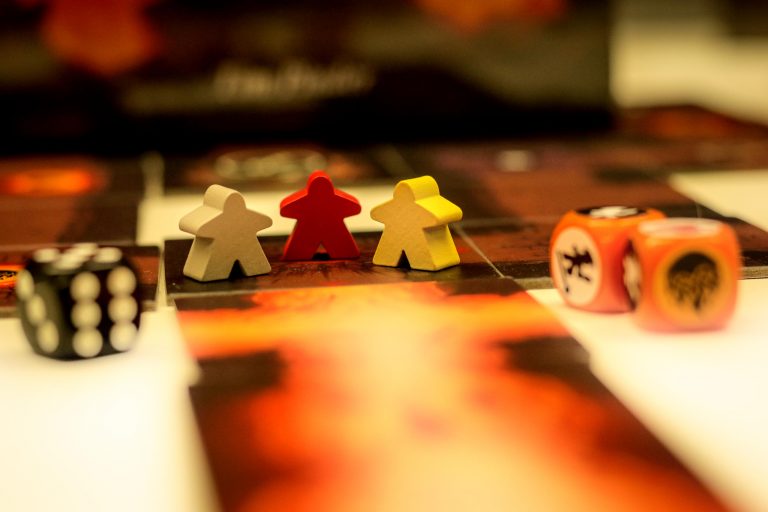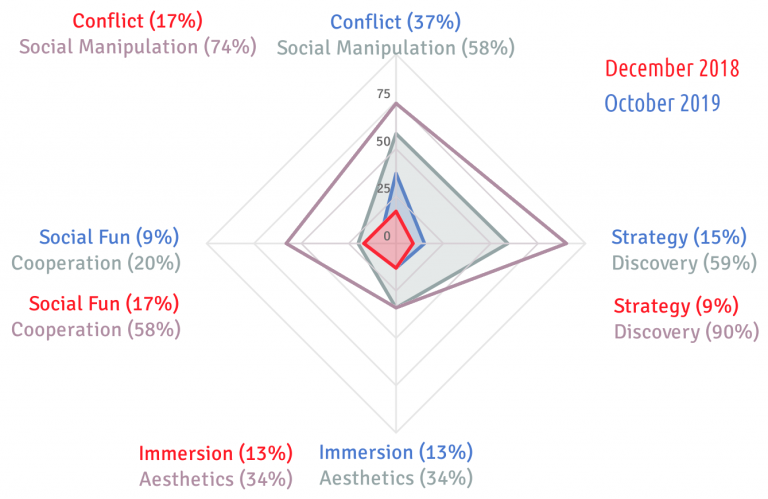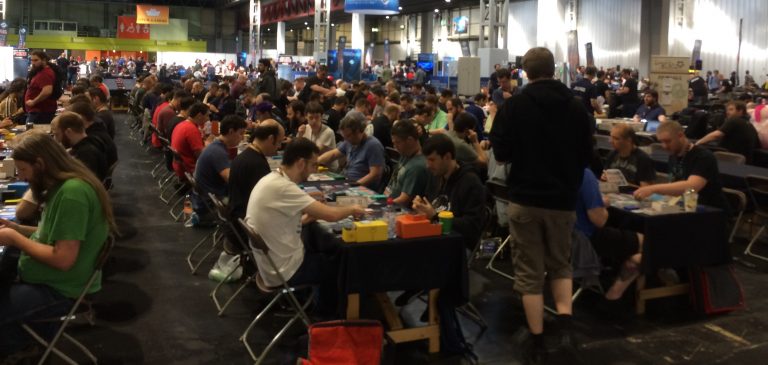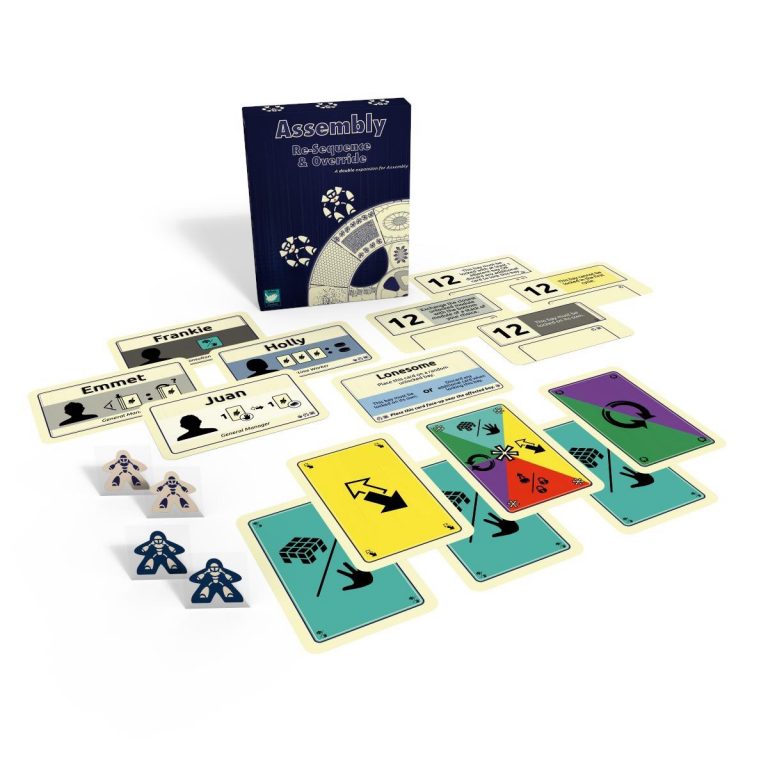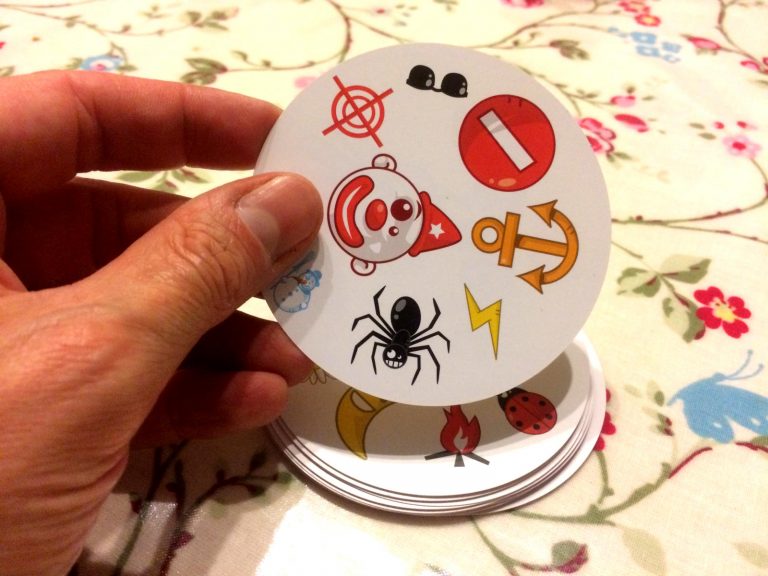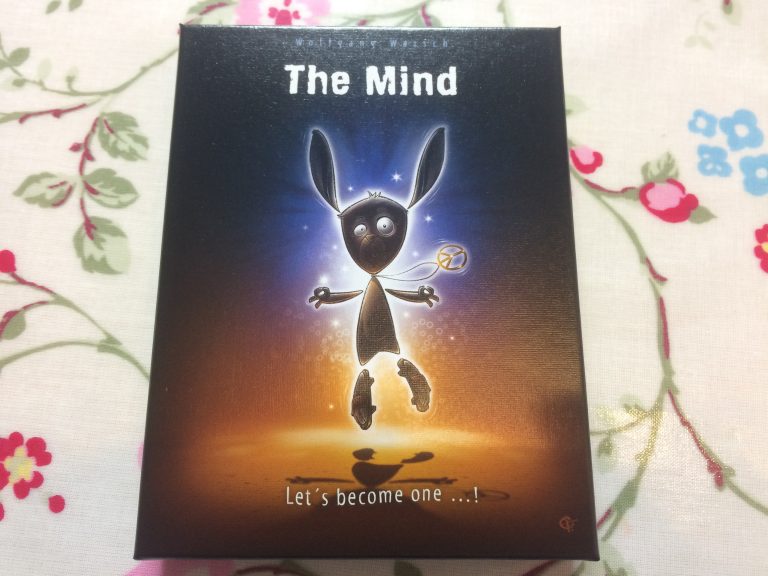Enjoyable design (Topic Discussion)
Tabletop game designers want to create an enjoyable experience for people - whatever enjoyable means in this context. From that starting point, they create a game that is balanced, flows well and meets the desired complexity requirements, as well as meets other criteria. They may use the skillset of developers to refine everything, and if a publisher is involved, there will be additional criteria that have to be met. However, in this article, I want to focus on enjoyment, what it means and whose responsibility it is to make a game enjoyable.



